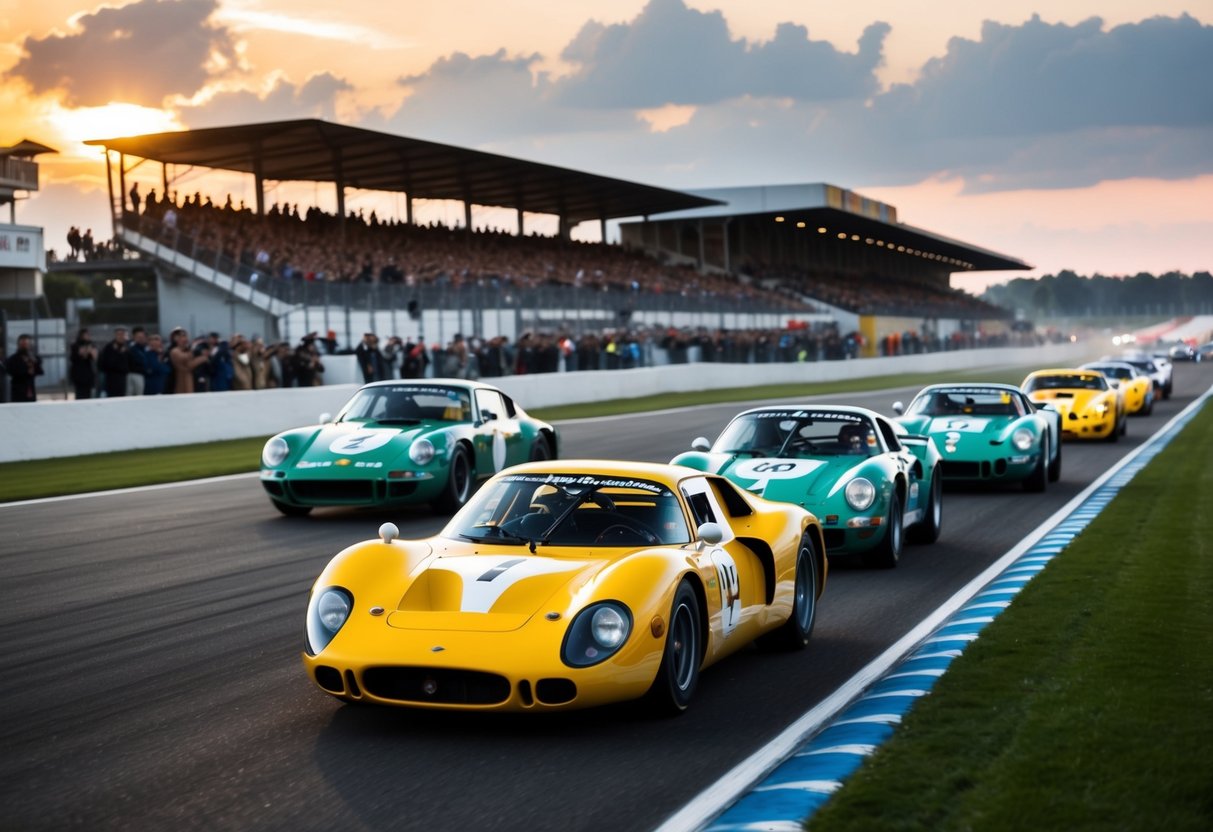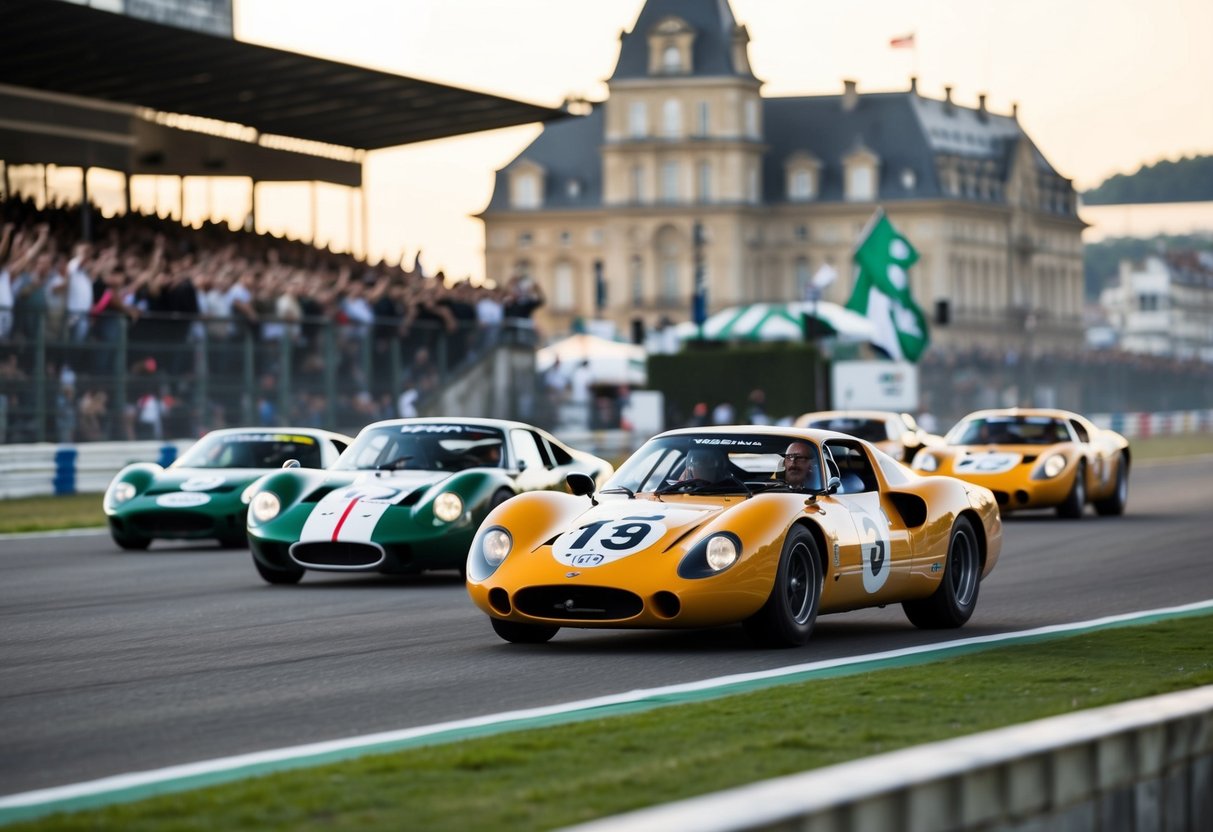
At the forefront of motorsports innovation, the 24 Hours of Le Mans has served as a testing ground for some of the most iconic sports cars in history. Over the decades, legendary brands like Ferrari, Porsche, and Ford have showcased their prowess on this grueling circuit. The remarkable machines that raced at Le Mans not only pushed engineering boundaries but also shaped the path of modern car design and performance.
From the sleek lines of the Jaguar D-Type to the formidable presence of the Porsche 917, each race car brought its own flair and technological advancements. These vehicles aren’t just symbols of speed; they tell stories of triumph, rivalry, and pioneering spirit. Their legacies are etched in motorsports history, influencing how performance cars are perceived and manufactured today.
While each competitor aimed for glory, they collectively elevated the prestige of Le Mans as a premier racing event. The endurance, strategy, and innovations seen here have left an indelible mark on the world of racing. The allure of these classic sports cars continues to inspire enthusiasts and engineers alike, serving as a reminder of the relentless pursuit of excellence and innovation in the field.
The Genesis of Le Mans and Its Early Conquerors

Le Mans began as a testament to human endurance and engineering excellence. Key eras included the rise of endurance racing, the domination by Bentley in the 1920s, and the significant victories achieved by Alfa Romeo.
Rise of Endurance Racing
In the early 20th century, the demands for testing the longevity and reliability of automotive engineering led to the birth of endurance racing. Le Mans, inaugurated in 1923, emerged as the foremost venue for this new racing category. Instead of focusing solely on speed, it challenged vehicles and drivers to excel over a 24-hour period. This format pushed the boundaries of durability and innovation, drawing manufacturers eager to prove their technology. Le Mans quickly became a proving ground for automotive advancements, dividing the line between ordinary road cars and high-performance vehicles designed to endure grueling conditions. Its establishment marked the beginning of a new era, where endurance was paramount and the race itself became a symbol of human and mechanical perseverance.
The Bentley Era of the 1920s
The 1920s was a defining decade for Le Mans, cemented by the remarkable success of Bentley Motors. Their cars dominated the event and secured victories in 1924 and in the consecutive years from 1927 to 1930. The Bentley Speed Six, in particular, stood out for its power and reliability, exemplifying the marque’s technical prowess. These triumphs were pivotal, establishing Bentley as a powerhouse in the realm of endurance racing and leaving an indelible mark on Le Mans’ history. Known for harnessing superior engineering with a zest for competition, Bentley’s achievements not only glorified their name but also elevated the prestige of the event itself. The team’s dedication to performance and endurance created a legacy that inspired future generations of racers and automakers.
Notable Victories from Alfa Romeo
By the early 1930s, Alfa Romeo made a significant impact with its foray into Le Mans. The Alfa Romeo 8C, a masterpiece of design and power, delivered notable victories that fortified the brand’s reputation on the global stage. Its triumphs in 1931 and 1932 were underpinned by robust engineering and sophisticated aerodynamics, signifying a step forward in racing technology. With its victories, Alfa Romeo showcased a blend of Italian flair and precision engineering, altering the competitive landscape of Le Mans. This period confirmed the resilience and adaptability of Alfa’s vehicles, enabling them to conquer both rivals and the rigorous demands of endurance racing. The 8C remains an icon, reflecting the spirit and innovation of its time.



